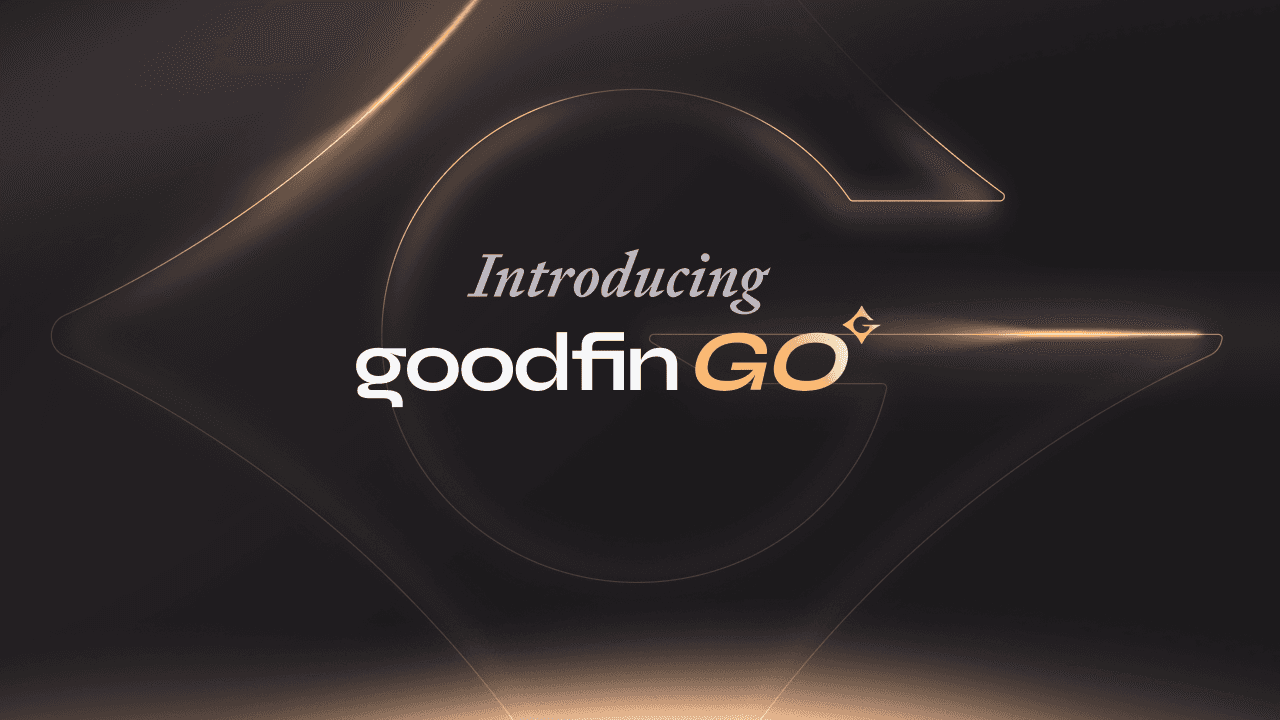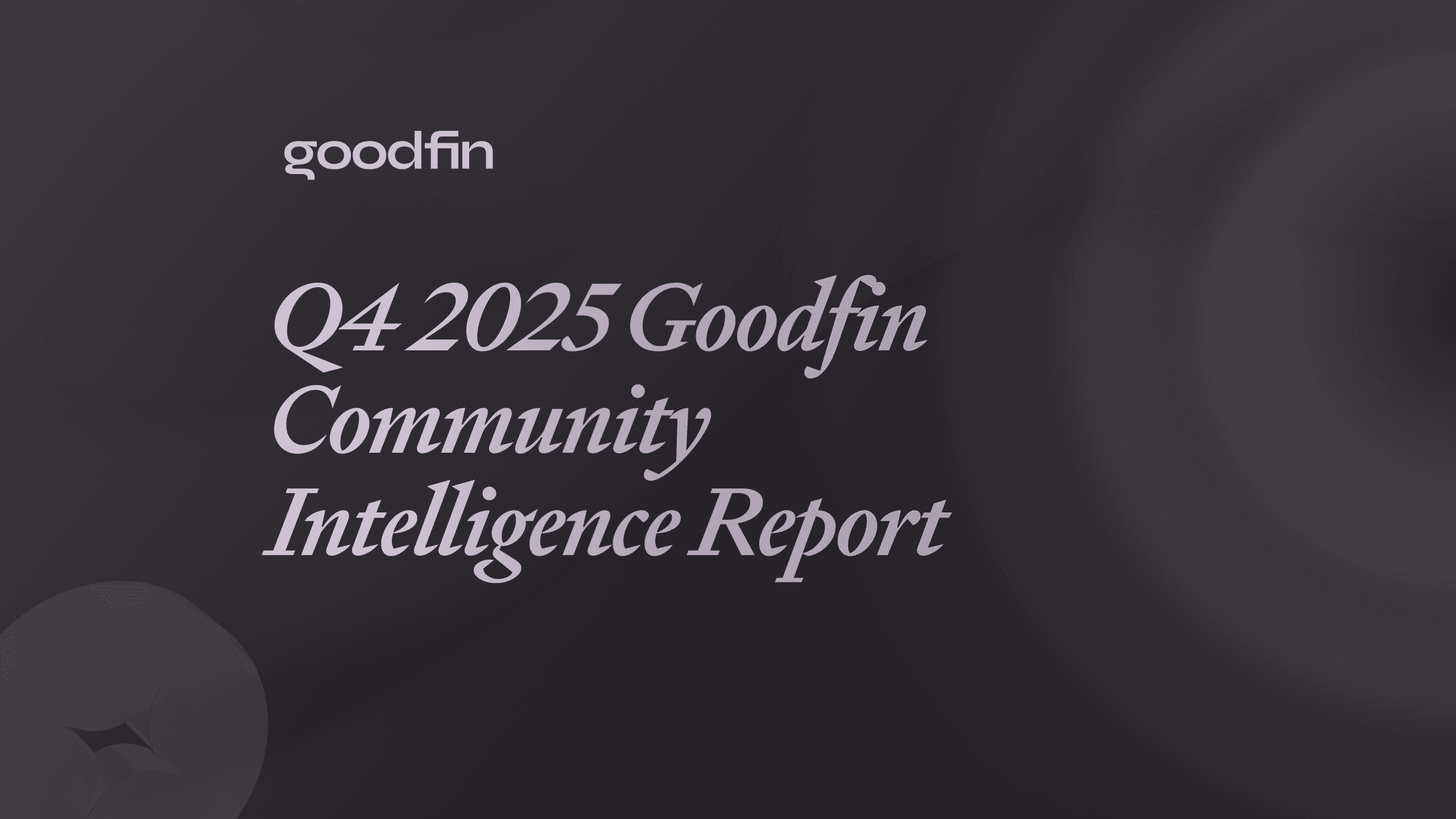Community
Sharath Kuruganty
Community Spotlight: From YC to Anthropic, Advait Ruia on Access as Alpha
Few founders bridge building and investing as naturally as Advait Ruia. As co-founder of SuperTokens, a YC-backed authentication platform, he’s spent years building developer infrastructure while quietly investing his own capital in some of the most iconic technology companies of this decade, including SpaceX, Anduril, and Anthropic.
We sat down with Advait to talk about his journey from YC-backed founder to private investor, how he built conviction in hard-to-access companies, and the frameworks that guide his decisions both as a builder and as an individual investor.
You’ve gone from building products as a YC founder to now investing across startups and late-stage companies. How has your founder journey shaped how you evaluate companies today?
Being a founder influences every part of how you evaluate businesses. When you’ve actually built, hired, and sold, nothing feels abstract anymore.
You understand what GTM really means, what sales execution looks like, and what it takes to hire the right people. I’ve hired for every kind of role, product, engineering, marketing, sales, hundreds, maybe thousands of interviews. So when I talk to founders, I can connect the dots between what they’re saying and what’s actually happening operationally.
You’re not just hearing startup jargon; you understand implementation, tradeoffs, and how execution shapes outcomes.
What were the biggest takeaways from your time at Y Combinator?
All the clichés about speed, focus, and iteration are true, but the most underrated part is the community.
So much of my life today is defined by YC. The people I met, the access it created, that network continues to shape everything I do. It’s not just the frameworks or growth mindset; it’s the connections that compound long after the batch ends.
You’ve become active in private-market investing. How did that start?
I actually started in public markets. Back in 2013, I spent months researching Tesla. At the time, everyone thought it was overhyped and doomed, but the deeper I looked, the more it made sense.
When I moved to the U.S., I wanted to get exposure to SpaceX, which felt like a natural extension of that interest. That became my first private investment. From there, I started getting access to more late-stage opportunities Anduril, Anthropic, and a few others.
These weren’t part of any structured fund. They were personal investments where I had a strong conviction and managed to gain access.
Tell us more about your decision to invest in Anthropic. What stood out?
When I saw the opportunity, Anthropic was valued at around $30 billion. They’d grown from $100M to $800M ARR and were projecting $4–5B the next year, and they’d beaten projections every year.
Even at that price, it felt compelling. Relative to peers like OpenAI, it looked inexpensive, roughly 6x forward ARR for a company growing exponentially.
My edge wasn’t some secret diligence process; it was access and conviction. Many people never even saw the deal. A year later, Anthropic raised at $180B, which validated that thesis.
How do you see pre-IPO and secondary investing evolving?
It’s definitely becoming more open. Historically, late-stage private deals were limited to institutions and ultra-high-net-worth investors. Now, new platforms are reducing that gap and allowing smaller investors to participate more directly.
That democratization is exciting, but these are still long-term, illiquid investments. You have to think in five- to ten-year horizons.
What really matters is relationships, knowing the people you invest alongside, understanding who’s structuring access, and having trust that extends beyond a transaction.
As both founder and investor, what perspective do you bring to decision-making?
I call it weighted awareness, knowing what deserves emphasis in a given decision.
You can’t use a single lens for everything. In the early stage, the founder might matter most. In the later stage, metrics and market momentum are what move the needle. There are ten or so factors that define any decision team, product, market, or traction, but the key is understanding which of those matter most in that specific context.
That balance between intuition and structure comes from being on both sides of the table.
What principles guide your decisions in building or investing?
Always first-principles thinking.
You can spend hours analyzing 20 different factors, but usually 2–3 determine 90% of the outcome.
It’s easy to overanalyze and talk yourself out of an idea or to move too fast and ignore red flags. The discipline is in focusing on the core variables that actually drive success.
You’ve mentioned how much people matter. Can you expand on that?
People are the ultimate multiplier. It’s hard to model, but in both building and investing, it’s almost always the defining factor. Great people compound outcomes; misaligned ones destroy them.
Last question, you seem to be a fan of Elon Musk. What do you admire most about him?
His operating system. The way he simplifies problems down to first principles is remarkable.
He talks about something called the “Idiot Index.” If a part costs $100,000 to buy and the raw materials cost $200, he’ll find a way to build it for $1,500 instead.
It sounds obvious, but few people actually do it. That relentless focus on fundamentals, stripping away noise until only the truth remains, is something I deeply respect.




